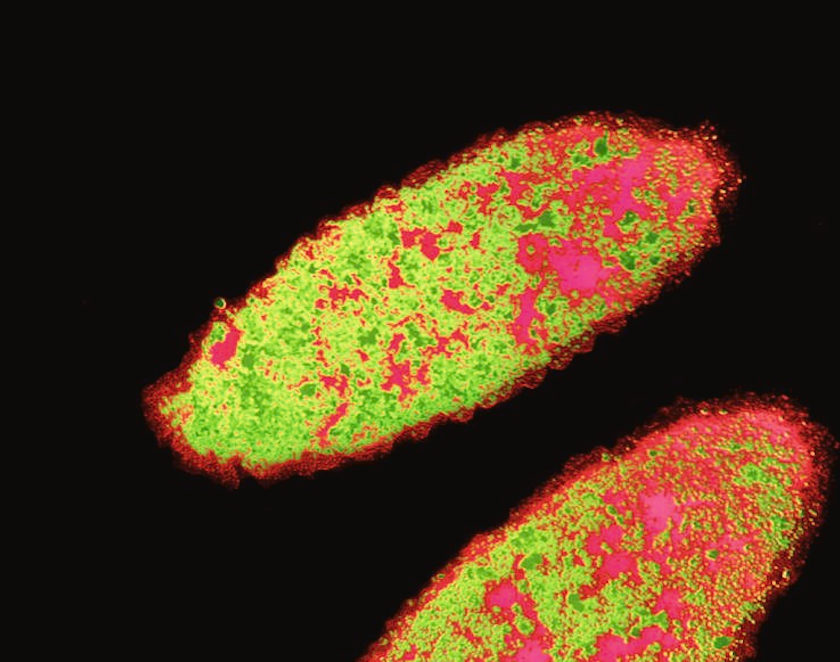
Bilophila wadsworthia
Bilophila wadsworthia is known to produce hydrogen sulfide, a molecule implicated in many different health conditions, good and bad.
Taxonomic Level: Species
Family: Desulfovibrionaceae
Properties: Gram-negative, Anaerobic, Nonsporulating
Additional Information: One of the most important processes that occurs in Bilophila wadsworthia is producing hydrogen sulfide through the respiration of bisulfite released from organosulfonate substrates, including a molecule known as taurine (commonly ingested through meat and fish). The production of hydrogen sulfide is implicated in many different health conditions, good and bad. Hydrogen sulfide can act as a signaling molecule, resulting in beneficial effects such as cardioprotection. Some of the more negative impacts of hydrogen sulfide production in the gut include disrupting the gut epithelial’s barrier function, playing a role in inflammatory bowel disease, and it is also known to induce antibiotic resistance, which can lead to bacterial blooms during antibiotic treatment.
.png?width=3000&height=1170&name=NirvanaBiome_logo_fullcolor_RGB-1500%20(1).png)
.png?width=1500&height=585&name=NirvanaBiome_logo_fullcolor_RGB-1500%20(1).png)



